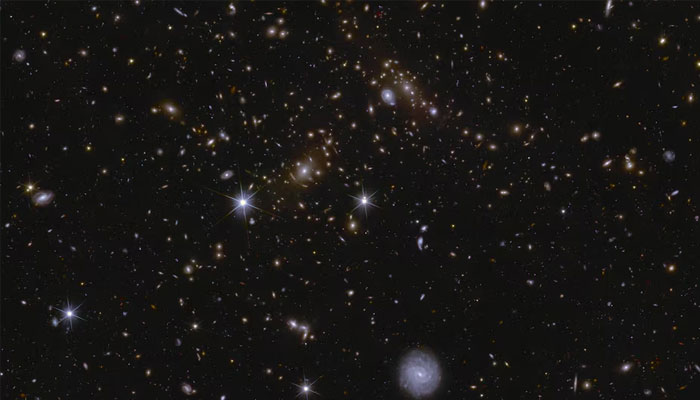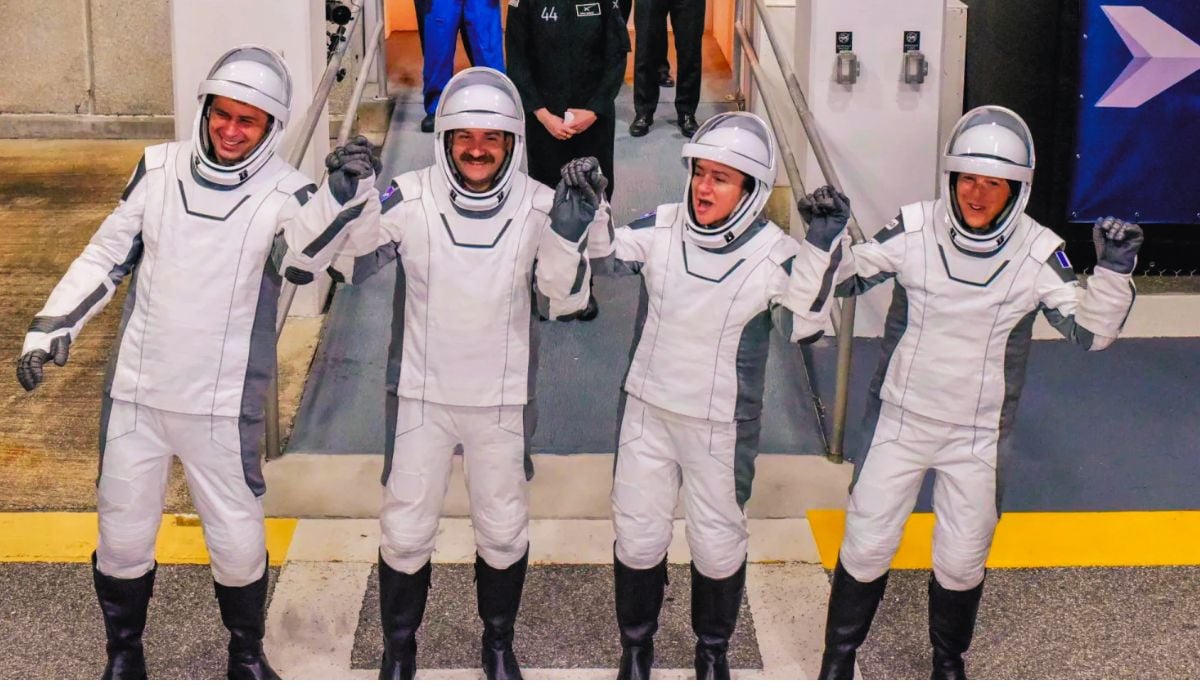One of science's great mysteries, Dark energy, explained
Dark energy is responsible for the accelerated expansion of the universe
Dark energy, an invisible force making up about 70% of the universe, remains one of science’s greatest mysteries, accounting for 25%, it leaves just 5% of the universe made up of visible matter, AFP reported.
Dark energy is responsible for the accelerated expansion of the universe, but recent discoveries could challenge the existing theories, prompting scientists to rethink their understanding.
What is dark energy?
No one knows exactly what dark energy is. It doesn’t interact with light or matter and may not even exist. The story begins with the Big Bang 13.8 billion years ago. Joshua Frieman, a theoretical astrophysicist, explains that dark matter pulls galaxies together, while dark energy pushes them apart. For the first 9 billion years, dark matter dominated, but dark energy began to accelerate the expansion. In 1998, astronomers discovered that distant supernovae were farther away than expected, confirming that the universe is expanding faster. This led to the identification of dark energy.
Theories about dark energy
The leading theory is that empty space generates dark energy. According to Frieman, "If I remove all the particles from the cup of coffee, there is still energy in there due to what we call the quantum vacuum." However, recent research suggests dark energy could be weakening over time. If this proves true, it would challenge the current model. Frieman adds, "Empty space doesn’t change," meaning dark energy may not be a constant force.
When will we know more?
New telescopes are aiming to unlock the secrets of dark energy. The Euclid space telescope, launched in 2023, and upcoming missions like NASA’s Roman space telescope (2027) and the Vera Rubin Observatory in Chile are collecting data. Frieman expects a "definitive answer" within a few years. “Every minute we wait, galaxies are disappearing from view,” he warns.
-
Annular solar eclipse 2026: Where and how to watch ‘ring of fire’
-
Scientists discover rare form of 'magnets' that might surprise you
-
Humans may have 33 senses, not 5: New study challenges long-held science
-
Northern Lights: Calm conditions persist amid low space weather activity
-
SpaceX pivots from Mars plans to prioritize 2027 Moon landing
-
Dutch seismologist hints at 'surprise’ quake in coming days
-
SpaceX cleared for NASA Crew-12 launch after Falcon 9 review
-
Is dark matter real? New theory proposes it could be gravity behaving strangely












